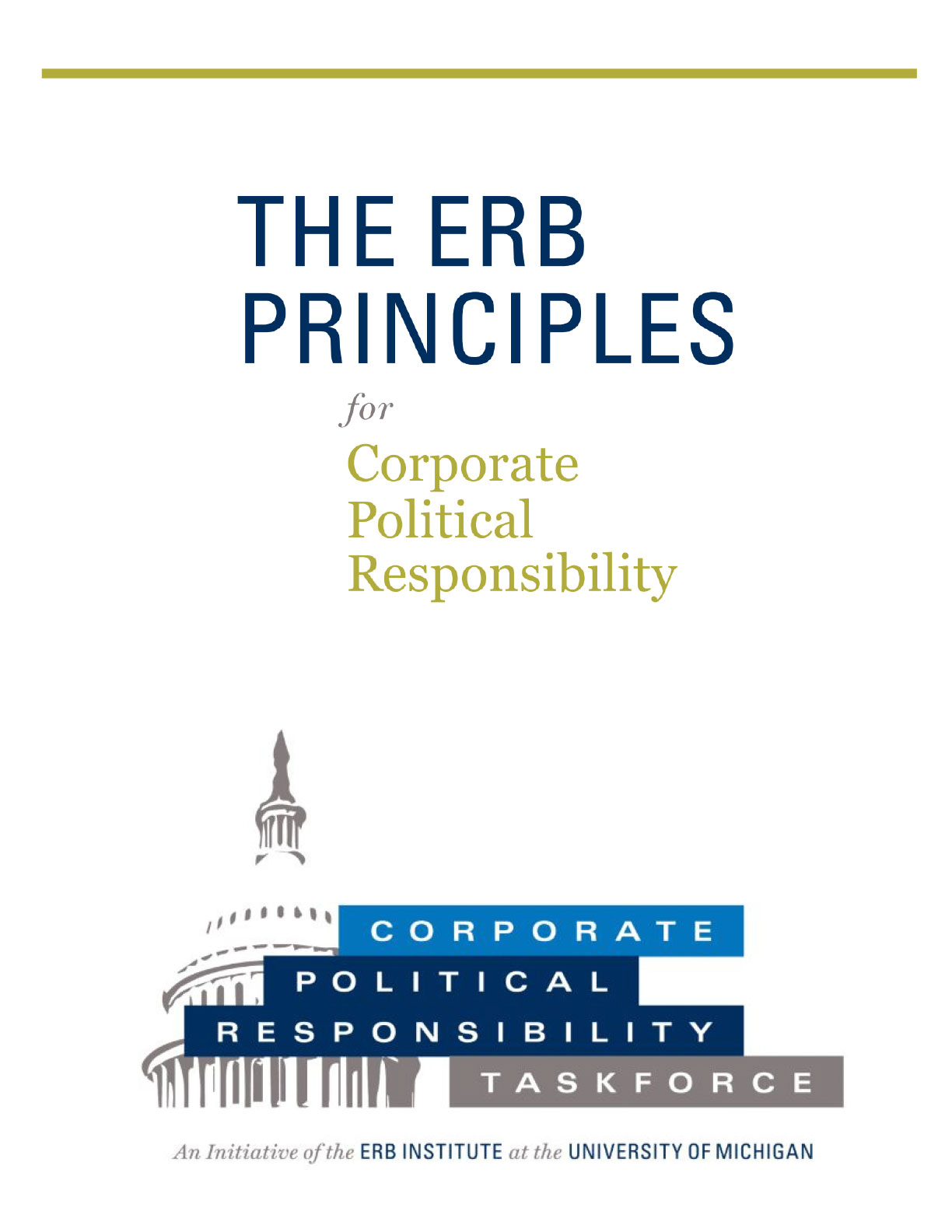Do you have a resource to recommend for The CPR Hub? Please reach out and we will review it for future updates!
Defining CPR in Today's Context
Video 2 of 3
On August 5, 2021, we spoke with Mark Mizruchi, University of Michigan professor and author of The Fracturing of the American Corporate Elite to explore “Re-thinking Business’ Role in U.S. Polarization and How CPR Can Help Companies Respond”
Business leaders across the U.S. are increasingly alarmed at the destructive effects of political polarization, in their communities, in their interactions with state, local and federal government, and increasingly, among their employees. As these executives consider how to best respond, firms must wrestle with several critical questions:
- How has business approached civic and political engagement differently over time, and what can companies learn from that today?
- How might we define CPR (corporate political responsibility)? When should firms step in and when should they step back?
- How can investing in the common good and practicing CPR help companies navigate the current minefield, especially around polarization?
In this module, we explore:
- What is the legitimate role of business in influencing policy, civic, political processes, etc? Why do you see it that way?
- What does that imply for when business should step forward, when to step back, transparency, accountability, etc.?
The Corporate Political Responsibility Taskforce (CPRT)’s Expert Dialogues are in-depth, recorded conversations with academic experts, stakeholder advocates and business practitioners to provide our members and other CPR champions with the expertise and context they need to develop principled, proactive CPR strategies. We invite those interested in a constructive, non-partisan, principles-based discussion.
Professor Mizruchi's research focuses on the economic and political behavior of large American corporations, among many other topics. His book, The Fracturing of the American Corporate Elite, (Harvard University Press, 2013), received the George R. Terry Book Award from the Academy of Management and the Distinguished Contribution to Scholarship Award from the Political Sociology Section of the American Sociological Association. Elizabeth Doty, Director of the CPRT, will moderate the conversation.
KEYWORDS: #CorporatePoliticalResponsibility #ESG #CivicEngagement #CivicInstitutions


